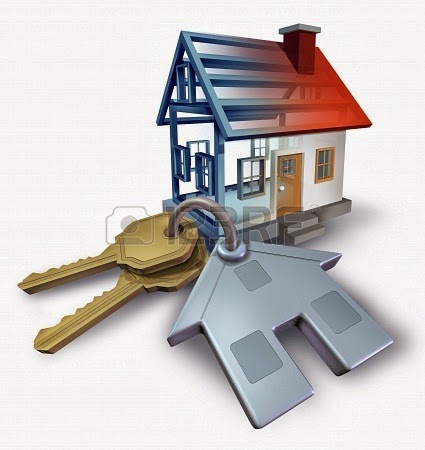Home Buying Checklist
Start your search with tips on financing, costs, needs, inspections and more.
The home buying process doesn’t need to be intimidating and overwhelming. A few steps should be taken before, during and after you find the home of your dreams. If you’ve decided to purchase a property, follow this plan for a straightforward and successful close.
Find out how much you can borrow and get a pre-approved loan
Most banks will typically lend up to 75 per cent of the purchase price of a home, so you can expect to have to make a down payment of 25 per cent. Lending institutions will want to review your financial stability to ensure that you will be able to make your monthly mortgage and property tax payments. Your banker will look at your family’s gross monthly income to assess what percentage is going towards housing costs (which should be lower than 32 per cent). In addition, your bank will also look at any additional debt payments you are required to make each month including credit cards, home equity loans and car payments. In total, this amount, plus your housing costs, should not exceed 40 per cent of your family’s gross monthly income. It is also essential to assess your family’s household budget and be realistic about how much you want to spend on a home. Now’s the time to take a hard look at your monthly expenditures and determine which ones are fixed and which ones you are willing to cut back on.
Understand the total costs of buying a home
Look at the whole picture and attach a dollar amount to every part of the home purchasing process. You can expect to pay land transfer tax (a percentage of the purchase price), GST, legal fees (you must hire a lawyer to complete the transaction and review all documents), moving costs, home inspection fees and any home repairs you will want to make to your new home before moving in. There are also several long-term costs involved with owning a home. Take into consideration monthly payments other than your mortgage and property taxes that you will need to work into your budget such as utility payments, home insurance, repairs and condo fees if applicable.
Determine what you want
What kind of home do you want to buy now that you know how much you can afford? A condo? A small bungalow? A sprawling house with a yard and schools nearby? Consider how much space you need, what types of dwellings you are willing to look at and where you want to live. Would you prefer a newly built home instead of a fixer-upper? Some buyers are drawn to the warranties that come with new homes and want to be able to customize a space before it is even built. Others appreciate the charm and re-sale price of an older home and are willing to put some elbow grease (and more money) into fixing it up. How many bedrooms and bathrooms do you require? What other features are important to you? Do you need a garage for your car and a basement for storage or extra living space? Do you enjoy cooking and want a larger kitchen in your next home? These are all important factors to look at. Then there is location to consider. What is your dream neighbourhood? Do you need to be near schools, the city centre, public transit or other amenities? Do you want to live in a quiet neighbourhood with lots of space between you and your neighbours or do you prefer to be in an urban area with lots of activity?
Start viewing homes
Now that you have a checklist of what you are shopping for, you’ll need to decide whether to work with a real estate agent or look on your own. An agent can help steer you in the right direction by imparting their knowledge of neighbourhoods and pricing trends. An agent can provide you listings appropriate to your wants and needs, objectively advise you on housing values and help you negotiate a price when you’re ready to make an offer.
Get an inspection done
Congratulations! You’ve found the home of your dreams and the sellers have accepted your offer. Before the closing date approaches, you’ll need to hire a house inspector to carefully assess the property to determine its physical condition. A house inspector can find serious problems with the property (such as plumbing, electrical or structural) that would otherwise not be obvious at first glance. A home inspection is a crucial part of the home buying process, and at a cost of a few hundred dollars, is a worthwhile expenditure that can possibly save you a few thousand dollars in the long run; if serious repairs are required, negotiations to fix these problems or lower the purchase price will be taken up with the seller. A home inspection can also help you with your long-term budget by providing estimates on the cost of maintaining the home over the next three to five years.
Looking for a home to buy, I can help to find the best deal in the area
Asifa Zia
Keller Williams Realty Manassas
540-729-3470
aszia09@gmail.com
Search for a home
taken from houseandhome.com


Comments
Post a Comment